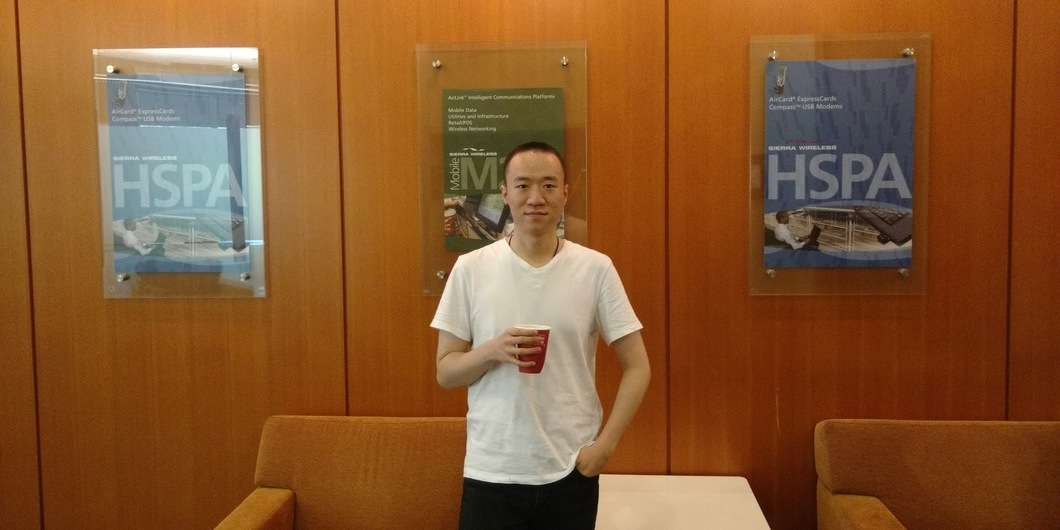
A consumer product is usually designed around relatively small profit margins in order to be competitive, which usually forces companies to modify their production process in ways that cut down on cost. Industrial/commercial products are subject to heavier regulations and are known for longevity in heavy-duty environments. Industrial/commercial products are designed to perform without any degradation in quality under their operating conditions; it is quality that drives profit margins. My co-op experiences greatly highlighted the difference between these two design ideals, and I will share some of these findings with you.
As a fourth-year Mechatronics Systems student at SFU, I have worked for over a year in co-ops related to research and development around the Greater Vancouver area. My first eight-month co-op was at Kensington, a consumer electronics accessories company as a Quality Assurance Engineer. While this co-op position was great for learning about the corporate side of things, I found the quality control at my current co-op position to be much more stringent and for good reason.
My current eight-month position at Sierra Wireless as an Electronics Hardware Co-op exposed me to many technical details in hardware research and development (R&D) for industrial products. One of the biggest differences in working at Sierra Wireless is the attention to detail and attitude in product development. Every seemingly small and ignorable issue is treated seriously, recorded and looked at. In many cases, issues that occur at standards beyond what the product is rated for are looked at seriously to see if there is anywhere the product can be improved upon. One of the first things I noticed at Sierra Wireless is the high level of reliability in their product designs. Many of the electrical components are added to products simply to deal with extremely unlikely causes of failure. While this may make the product more expensive to produce when compared to a consumer product, the end result is a supremely stable electrical platform for firmware engineers and field technicians to work with. Every single block of schematic is tested and reviewed to ensure they perform exactly as expected, even if they are already working as expected. The term “working as expected” simply means the product might break any time during use, something I was not used to coming from a consumer product development perspective.
When I first began my work term with Sierra Wireless, I thought I was following these seemingly over the top guidelines. It was only until later on in my work term that I began to appreciate the full value of the detailed testing protocol and strict control. The value of the tight management at Sierra Wireless was demonstrated when I found an issue with a part supplier’s reference designs, which were being used in thousands of products worldwide. This eventually led to design changes to several of the supplier’s reference designs and Sierra Wireless’s own designs.
Recently, I have been working on industrial level certification testing, required for government agency approval to sell a product, such as electromagnetic interference. I was in awe at the extreme levels of testing industrial level products are required to go through. Consumer-level products are usually tested at the minimum “home/office” level, while industrial products can go several levels above depending on the application and sometimes even beyond any standard. A real eye-opener for me was when our product was tested at twice the highest industrial level during an electromagnetic interference test had passed. What was even more surprising to me was how my team members expected this result of their design, from a test that would very likely instantly fry any consumer electronic product.
Over the last few months, I have spent a great deal of time relearning reliability in product development at Sierra Wireless. The contrast between quick development for a consumer product and the more rigorous industrial product development gave me a full spectrum of understanding of product reliability. Previously, I had believed that product development was a highly complex process that depended on many repetitions of functional testing and feedback. My views on product development, in general, have greatly changed throughout my co-op at Sierra Wireless; I now believe that relatively fast product development and a stable end product can both be achieved if a highly targeted risk-driven approach is taken. A product should be divided thoroughly into subsystems and each system should be assigned a risk/priority level and this should be used to determine the depth of testing required.
My co-op experience has provided me with such a great learning experience that I highly recommend to others wanting to work for an industrial-targeted company. The reliability-focused design at Sierra Wireless has provided me with new insight and ideas into product development that will last a lifetime. I realize how the experiences I have gained through co-op have contributed to and shaped how I will approach my work in the future.
















